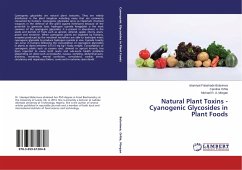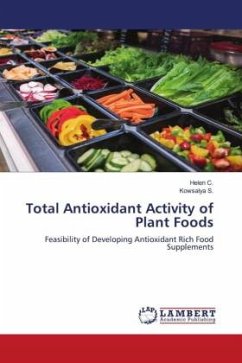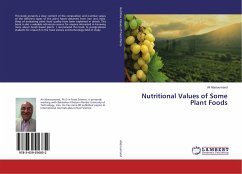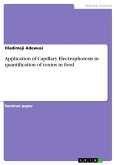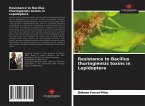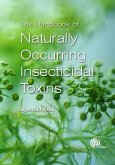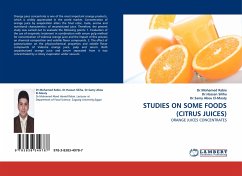Cyanogenic glycosides are natural plant toxicants. They are widely distributed in the plant kingdom including many that are commonly consumed by humans. Cyanogenic glycosides serve as important chemical weapons in the defence of the plant against herbivores because of the potential to generate toxic hydrogen cyanide. Amygdalin is the most common of the cyanogenic glycosides. It is present in abundance in the seeds and kernels of fruits such as apricot, almond, apple, cherry, plum, peach and nectarine. When cyanogenic plants are ingested by humans, enzymes produced by the intestinal microflora are able to hydrolyse intact cyanogenic glycoside to produce hydrogen cyanide in vivo. Cyanide toxicity can occur in humans following the consumption of cyanogenic glycosides in plants at doses between 0.5-3.5 mg kg-1 body weight. Consumption of cyanogenic plants such as cassava root, almond or apricot kernels, has been reported to cause both acute and sub-acute health problems (depending ondose) such as headache, nausea, vomiting, abdominal pain, dizziness, weakness, mental confusion, convulsions, cardiac arrest, circulatory and respiratory failure, coma and in extreme cases death.
Bitte wählen Sie Ihr Anliegen aus.
Rechnungen
Retourenschein anfordern
Bestellstatus
Storno

